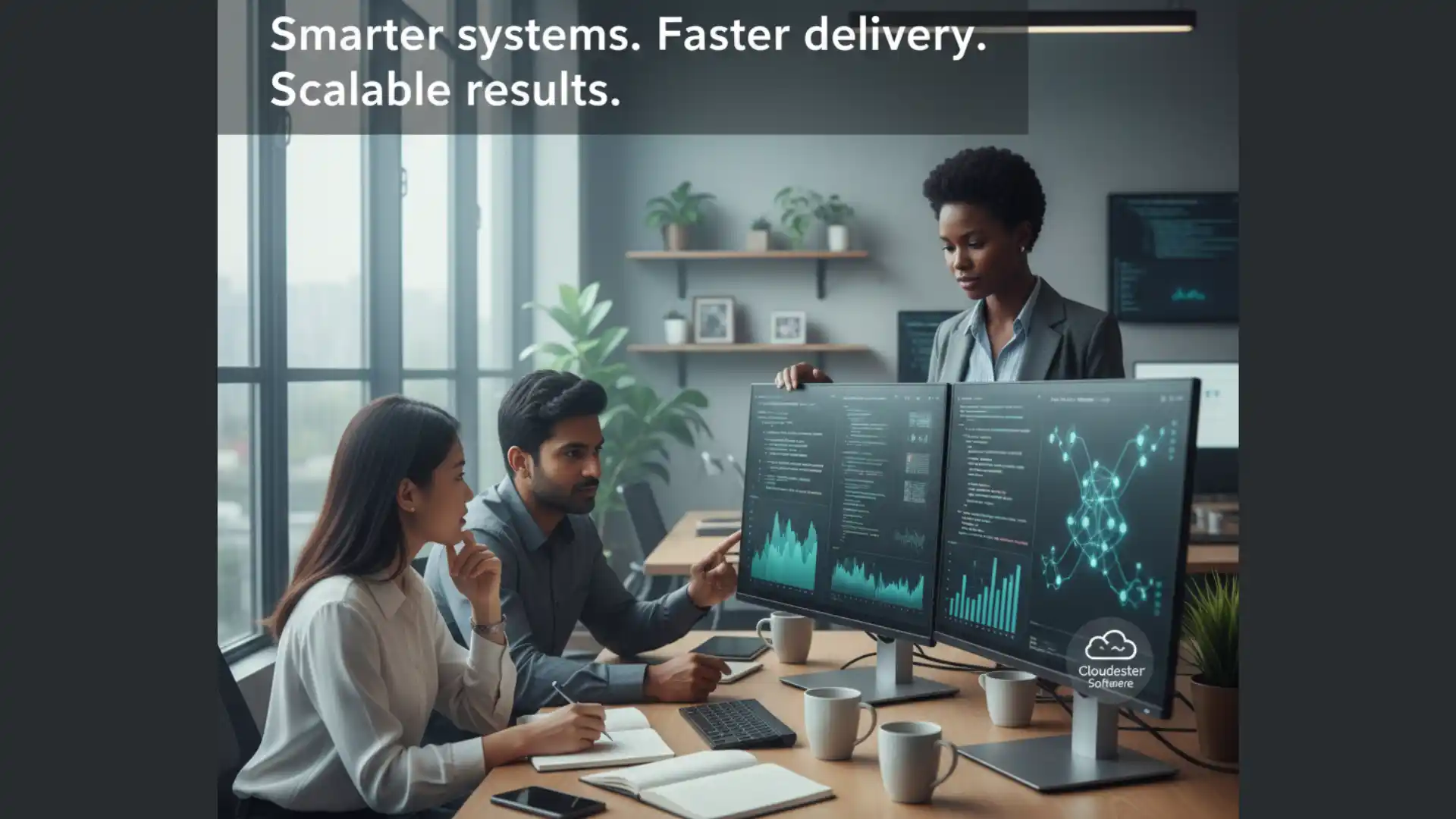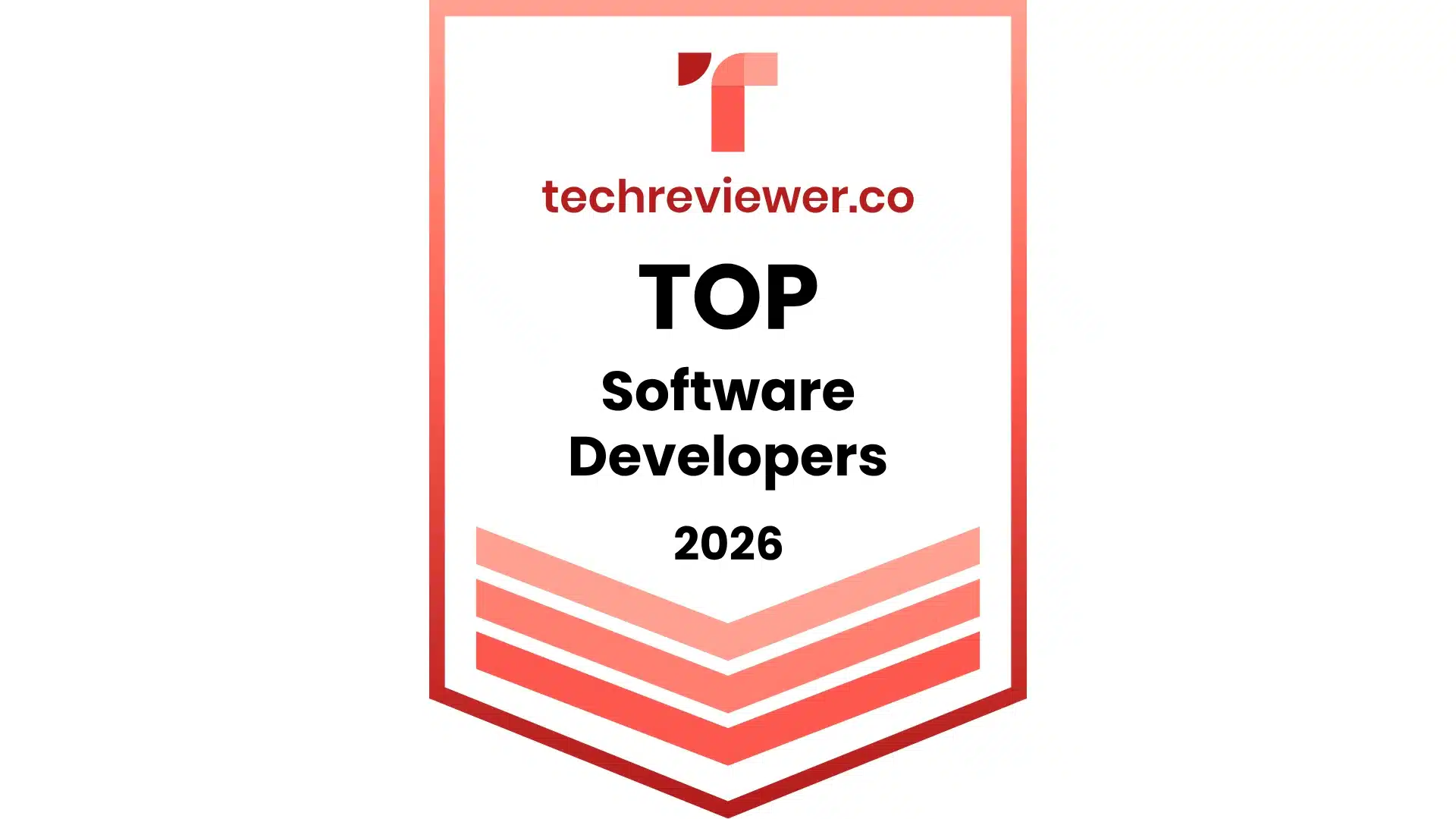How AI Is Transforming Custom Software Development

Image Credit: Gemini
Table of Contents
- The Role of AI in Modern Software Development
- Smarter Planning with Predictive Analysis
- AI in Software Design and Prototyping
- Automated Code Generation and Optimization
- Intelligent Testing and Quality Assurance
- Enhanced Maintenance with Predictive Support
- AI in Custom Software for Different Industries
- The Mixshore Advantage in AI Development
- Combining Human Expertise and Machine Intelligence
- Key Benefits for Decision-Makers
- The Future of AI in Software Development
- Conclusion
Artificial Intelligence (AI) has evolved from being a futuristic idea to a practical tool that is transforming how software is developed, tested, deployed, and maintained. Enterprises across industries are using AI not only to automate processes but also to create smarter, faster, and more adaptable applications. Custom software development is one of the areas most impacted by AI. Businesses are now using AI-powered technologies to enhance product design, optimize performance, and speed up delivery while maintaining precision and scalability.
1. The Role of AI in Modern Software Development
AI in software development refers to the use of machine learning, natural language processing, and predictive analytics to make systems more intelligent and responsive. Instead of relying only on manual coding or static logic, AI enables software to learn and adapt through data. For enterprises, this means applications that can recognize patterns, predict outcomes, and automate routine decisions. Development teams are using AI-driven software development services and tools to generate cleaner code, reduce bugs, and create user experiences that evolve with real-time data.AI is also changing the workflow of developers. It assists in every phase of the development cycle, from requirement gathering and prototyping to testing and deployment, improving accuracy and reducing repetitive tasks.
2. Smarter Planning with Predictive Analysis
AI supports smarter project planning through predictive analytics. It analyzes historical project data, code quality metrics, and developer productivity patterns to help forecast delivery timelines and resource needs. For instance, AI tools can identify modules likely to experience delays or quality issues. By flagging these early, teams can manage risks before they escalate. This reduces cost overruns and ensures projects stay aligned with business goals. Predictive models can also help define a more realistic software roadmap. When organizations plan AI-driven custom software, they can use data from similar past projects to estimate budgets and resources with greater confidence.
3. AI in Software Design and Prototyping
Design is the foundation of every successful software product. AI has introduced intelligent design systems that suggest user interface layouts based on usability data, heatmaps, and behavioral analytics. Automated design tools can now turn text-based requirements into visual wireframes or low-fidelity prototypes. For example, generative design models allow product teams to experiment with multiple interface variations and quickly select the one that offers the best user experience. These capabilities shorten design cycles and allow for early feedback from users, ensuring that software solutions meet both functional and usability expectations.
Custom AI Software Development Solution For Enterprises
4. Automated Code Generation and Optimization
AI-powered code generation tools are changing how developers write and optimize code. These systems can translate human-readable instructions into programming code, recommend syntax corrections, and suggest performance improvements. This approach speeds up development, reduces human errors, and helps maintain consistency across projects. Machine learning models can analyze large codebases and automatically refactor older modules for better performance and scalability. Automated optimization also ensures that applications remain efficient when deployed at scale, whether on cloud platforms or enterprise systems.
5. Intelligent Testing and Quality Assurance
Testing is one of the most resource-intensive stages of software development. AI helps automate quality assurance by detecting errors and predicting where bugs are most likely to occur.AI-based testing frameworks can analyze past test runs and automatically create new test cases. They can simulate thousands of user interactions and identify potential performance issues faster than manual testing ever could. This allows development teams to focus on high-value improvements rather than repetitive bug fixes. The result is higher software reliability, lower testing costs, and faster release cycles.
6. Enhanced Maintenance with Predictive Support
AI transforms software maintenance from a reactive function into a predictive one. Instead of waiting for issues to arise, machine learning algorithms monitor application performance and detect early signs of failure. For instance, anomaly detection systems can identify unusual behavior in application logs and alert engineers before users are affected. AI can also automate root cause analysis, helping teams resolve issues more efficiently. This approach reduces downtime and ensures better system stability, especially for enterprise-grade applications that require continuous uptime.
7. AI in Custom Software for Different Industries
AI-driven custom software solutions are reshaping business models across industries:
- Healthcare: Predictive analytics assists in diagnosis and patient management, improving outcomes while reducing administrative load.
- Finance: Machine learning helps detect fraud, automate compliance checks, and improve customer insights.
- Logistics: AI optimizes routing, predicts demand, and reduces transportation costs through intelligent scheduling.
- Retail: Personalized shopping experiences and smart inventory management systems are improving efficiency and customer satisfaction.
- Manufacturing: AI-based automation enhances quality control and predictive equipment maintenance.
These use cases show how AI strengthens the core value of custom software, creating solutions that fit unique business challenges while enabling measurable growth. Companies that rely on custom software development services can now integrate AI capabilities directly into their business systems, achieving faster and more reliable performance.
8. The Mixshore Advantage in AI Development
One of the challenges enterprises faces in implementing AI-driven projects is finding the right balance between quality, speed, and cost. A mix shore development model solves this challenge. Cloudester Software’s mixshore approach combines onshore project leadership with offshore technical execution. This structure ensures continuous collaboration, high-quality delivery, and significant cost efficiency. For businesses exploring AI-driven custom software, mixshore development offers the advantage of round-the-clock productivity, access to skilled engineers, and faster turnaround without compromising quality or security.
9. Combining Human Expertise and Machine Intelligence
The success of AI-driven software development lies in blending human creativity with machine precision. While AI can automate logic and optimize workflows, it still depends on strategic direction from experienced developers and solution architects. Organizations that combine both strengths, human judgment and AI-driven efficiency, achieve higher accuracy, faster product delivery, and better user experiences. This partnership transforms software from a static product into an evolving solution that learns and improves over time.
10. Key Benefits for Decision-Makers
For decision-makers, AI-powered custom software delivers tangible business value:
- Speed: Shorter time to market through automation and predictive insights.
- Efficiency: Reduced operational costs by automating routine tasks.
- Scalability: Software that adapts to changing business conditions.
- Reliability: Predictive maintenance that minimizes downtime.
- Data Intelligence: Systems that continuously learn and optimize performance.
By investing in AI-enabled software development, companies can achieve measurable ROI while gaining a long-term competitive advantage.
The Future of AI in Software Development
AI will continue to redefine software engineering. As predictive models grow more accurate and natural language interfaces become smarter, developers will spend less time on repetitive tasks and more on innovation. Businesses that adopt AI now are laying the groundwork for sustainable growth. By aligning custom software with AI capabilities, organizations can achieve real-time decision-making, stronger customer engagement, and higher productivity.
Conclusion
AI is not only enhancing how software is built but also how it evolves. It turns development into a data-driven, adaptive, and continuous process. Enterprises that integrate AI into their software strategy will gain agility, reduce costs, and deliver solutions that keep improving with time. Build smarter. Deliver faster. Grow stronger. Learn how Cloudester Software can help your organization design intelligent, scalable, and secure AI-powered software solutions that move your business forward.









